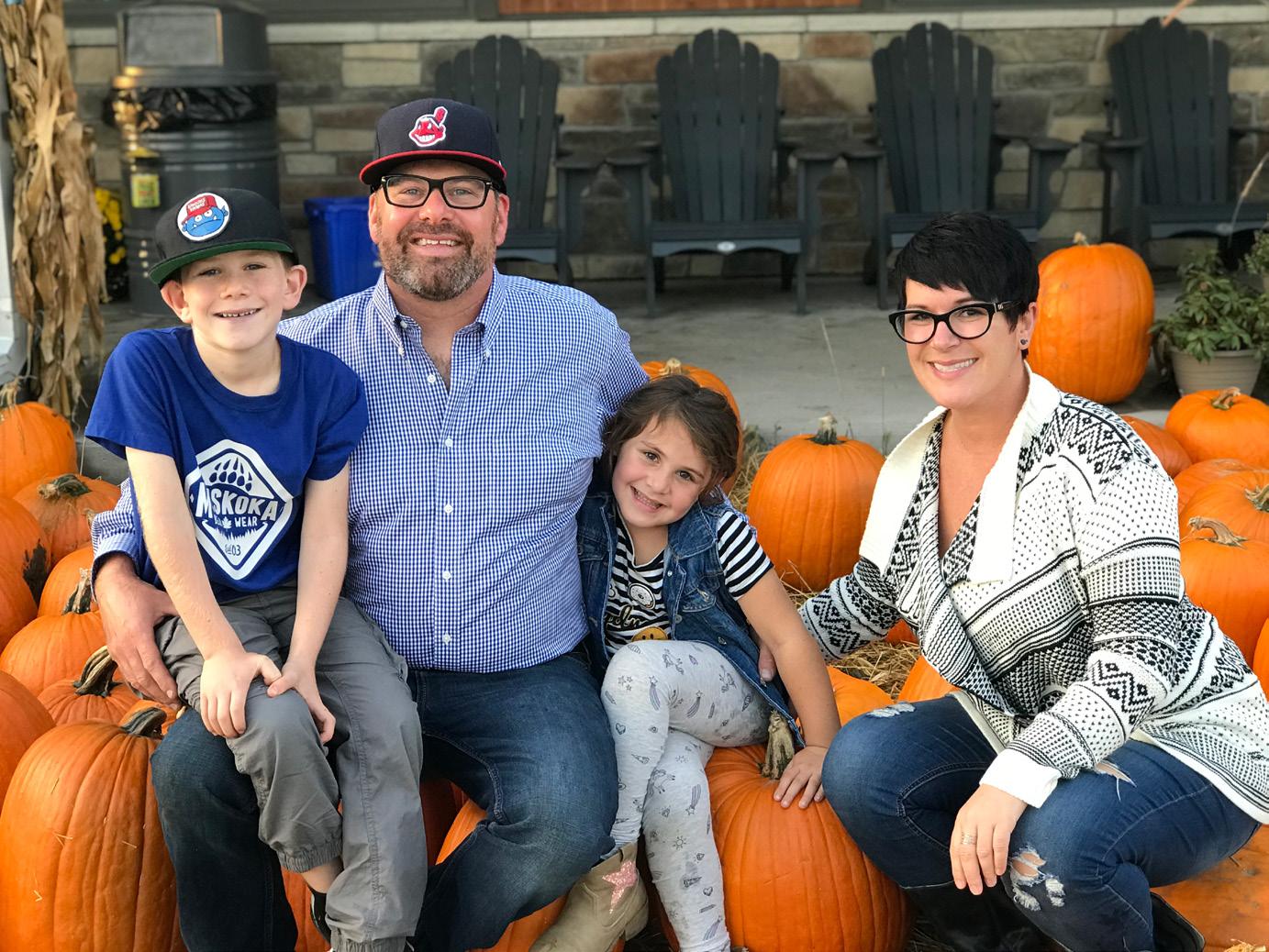
4 minute read
Preparing the Farm for the Next Generation
BY LILIAN SCHAER
For the older generation, it is often hard to think about preparing an exit strategy and facing the idea of life beyond the farm. Letting others start to make decisions and take responsibility for the family farm business is not easy.
Advertisement
For young people wanting to get started, there are also many considerations, including availability and affordability of farm businesses, lifestyle and how to start becoming part of the farm’s management processes.
With the average age of Canadian farmers at 56, a lot of farm businesses will be changing hands in the next decade or two – and yet, Canadian census data shows only eight per cent of Canadian farms have a written transition plan in place.
That’s a situation Farm Life Financial founder Darrell Wade is all too familiar with. He experienced it firsthand when his father’s death left the family farm without a plan and sees it regularly today as a farm advisor and transition specialist.
“Thirty to 40 percent of the families who come at this are reactive instead of proactive; they come to us when it’s almost too late. Farming is an industry that is very good at keeping cards close to the chest,” says Wade. “People have to realize the impact of their non-decisions – if you did nothing, what would happen? That can help initiate deeper conversations.”
Although a large percentage of families don’t have a formalized transition plan, Wade says that many are financially prepared for transition but don’t know how to translate that into a strategy that they can execute.
Complacency is also a driver of inaction, but for Wade the biggest lost opportunity caused by lack of planning is not being able to take advantage of tools to minimize tax.
Darrell Wade, Farm Life Financial
“Farm businesses have many options to minimize tax that non-farm businesses don’t have, but very few people are taking advantage of them,” he says. “It’s important to protect what you’ve built; we take risks every day and need to ensure we’re protected against the what ifs.”
To get the transition ball rolling, there are considerations for both the older and younger generations. For the generation looking to exit the business, Wade says it all starts with communication, followed by developing an actual plan, and formalizing that plan.
“You need to establish what aligns from one generation to the next with the future of the family farm and access specialists to help with the process, then document it,” advises Wade, adding specialists can include a financial advisor, accountant, lawyer or other farm advisor working with the family. “And you also need to know your numbers so you will know how much money you will need once you leave the farm.”
Robb Wagner, Business Opportunities and Market Strategies with Ontario Ministry of Agriculture, Food & Rural Affairs (OMAFRA), says the older generation also has to be prepared to make decisions and document why those decisions are made, as well as fully understand the difference between “equal” and “equitable” when it comes to children who farm and those who don’t.
“Have a fulsome evaluation of the potential transferees that focuses on their strengths and weaknesses and let that evaluation help in the farm transition and how you can help with transforming their weaknesses into strengths,” he adds.
For the younger generation, he recommends deciding what aspects of farming and the farm business they
Transition planning tips
Start communicating, and include all children, not just the ones involved in the farm
Take inventory of what you’ll need for your life beyond the farm business
Find an advisor that will work with your family
Read resources on transition planning available from farm organizations, farm advisors, accounting or financial enterprises or OMAFRA (www.omafra.gov.on.ca/english/ busdev/succession.html )

Women In Agriculture
Join us for breakfast, networking and a featured speaker.
Thursday, February 23 8:00 am – 9:15 am
The Lounge like the most and what they like the least so they can work on carving out a role that will be satisfying.
“If you’re thinking of taking on a farm, determine if you like the career of a “farmer” and everything from the “soup to the nuts of farming” or just certain aspects of the business or the lifestyle of farming,” he suggests. Along with that, he encourages up and coming farmers to take the time to learn about themselves, by taking personality tests and working with counsellors or others who can help them figure out who they are and what makes them tick.
“This will help you figure out how you are going to deal with the stresses of farming,” he explains, adding it will also help when determining how to make financial, production, marketing or other decisions on the farm. In Wade’s practice, advisors focus a lot of attention on the next generation as they are often the ones that have to be gently pushing for planning and change. This means:
Be curious: ask questions about how the older generation got into farming, what has worked well, and what they’ve learned.
Be respectful: there’s a divide between generations in how they value time and hard work, so the next generation needs to understand those values and work ethics of the previous generation.
Be patient: Start communicating that you have an appetite to know the path and what the timeline will look like, even if exercising patience is hard.
“You don’t want to tell your parents that they need an expiry date; in the farming sector especially, the “r word” (retirement) should not exist,” Wade says.
SPONSORED BY:
Young Farmer Forum
Connect with fellow young farmers over a light lunch and featured speakers.
Thursday, February 23 12:00 pm – 1:30 pm
The Lounge
FEATURED SPEAKERS DAVID AND JENN VANDEVELDE
SPONSORED BY:









